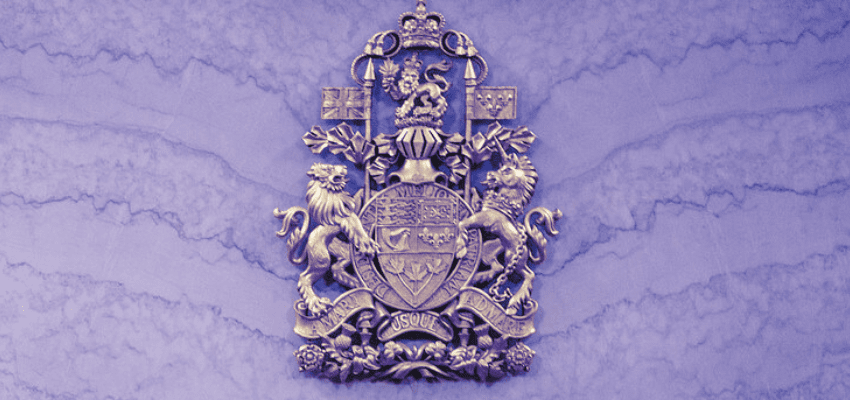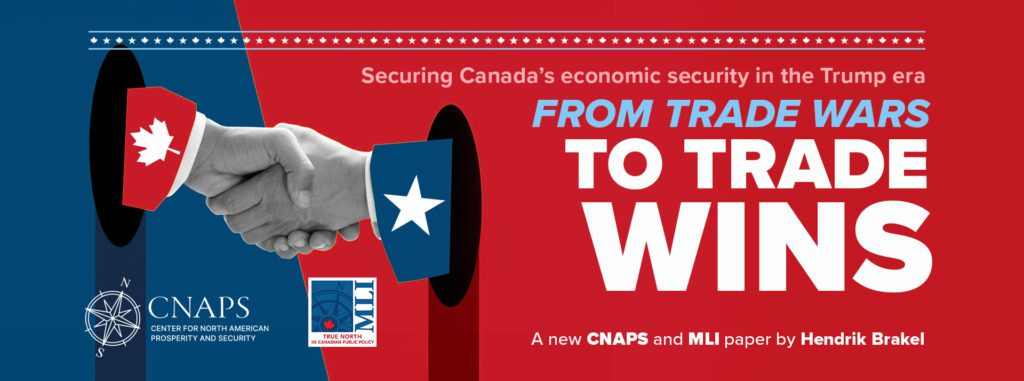By David Livingstone, February 6, 2025
The federal court recently agreed to hear a challenge to the legality of Trudeau’s request to prorogue parliament. I agree with Howard Anglin, the former chief of staff for Prime Minister Stephen Harper, who argues that the courts have no business wading into this. A prime minister advising the governor general to prorogue parliament is an aspect of responsible government, which is based on political convention, not laws. These conventions are vital to our system of government. They must be enforced, just not by the courts.
Our written constitution does not even mention the prime minister or Cabinet, despite how central both are to our political system. Yet, over our history we developed rules, inherited from Great Britain, that, for example, no prime minister can govern without the confidence of the elected House of Commons. In addition, the prime minister “advises” the governor general, and a prime minister who enjoys the confidence of the House will virtually never have their advice turned down. But these are political conventions. Technically, there are no laws for the courts to enforce here. Anglin is right. The courts should butt out of the prorogation question.
Yet our current constitutional crisis raises a different set of questions. How much discretion does Governor General Mary Simon still have? Could she – should she – have told Prime Minister Justin Trudeau “no”? I think Simon missed an important opportunity to remind Canadians that the governor general remains the guardian of responsible government.
It was no surprise that Trudeau’s request to prorogue parliament would leave the country effectively leaderless and vulnerable just as a trade war with the United States was about to begin. Moreover, just prior to prorogation, NDP leader Jagmeet Singh indicated he would no longer support the Liberals no matter who was their leader. Without that support, the Liberals couldn’t maintain confidence. It was also clear that Trudeau’s own caucus had lost confidence in their leader. They had been casting about for months searching for a way to replace him.
As constitutional scholar Peter Hogg writes, there are occasions when “the Governor General has a discretion to refuse to follow the advice which is tendered to him by the ministry in office” For example, “after a very close election, or after a schism in a political party, where for a period it is difficult to determine whether or not the government does enjoy the confidence of the majority in the House of Commons.”
It’s true that, lacking a non-confidence vote in the House, Simon would have overstepped her prerogative had she removed Trudeau on her own. But declining Trudeau’s request would have been consistent with the principles of responsible government. To paraphrase Hogg, she was facing a situation in which it had become difficult to determine whether the government had the confidence of the House, and there was a serious schism in the ruling political party.
Would the appointed governor general have been acting undemocratically by refusing Trudeau’s request in this case? Not necessarily. In fact, she would have compelled the government to face the democratically elected legislature, which is sort of the whole point of “responsible government.” Had the Liberals lost the expected confidence vote, we would have gone to election much sooner instead of the entire nation being put on hold. Whoever was elected would have begun to govern with a clear, democratic mandate. Arguably, the governor general should have put the nations’ interests ahead of the Liberal Party’s interests.
The Crown’s prerogative has been exercised to some extent in the recent past. When Conservative Prime Minister Stephen Harper requested prorogation in 2008 with the hope of avoiding a confidence vote, then Governor General Michaëlle Jean delayed her decision, flexing her prerogative muscles and sending a clear signal both to Harper and to the nation that the governor general is not just a figurehead. Her discretion mattered. “I was in a position where I could have said no,” she said years later, “and the decision had really to, in my mind, to be in the best interests, really, of the country, looking at all of the circumstances.”
In 2017, the British Columbia provincial election ended in a near-perfect tie, and in less than two months Christy Clark’s Liberals lost a non-confidence vote. Clark met Lieutenant Governor Judith Guichon and asked for the House to be dissolved and for a new election. Using her Crown prerogative powers, Guichon rejected premiere Clark’s “advice” and invited John Horgan to form a government instead with support from the Green Party.
Ensuring there is a peaceful transition of power and guaranteeing that neither a prime minister nor a premier who lacks confidence of the elected legislature to not remain in office is one of the crucial roles of the governor general (and lieutenant governor in the provinces). That we have a non-partisan office whose job is to look out for the nation’s interests, not the interest of one party over another, may be one of the reasons we can boast of more than 157 years of the peaceful transition of political power. That’s a truly enviable track record few other nations can rival. It’s a history we ought to be proud of. It should remind us that our complex regime is not something to be taken for granted.
The other thing about political conventions is that their strength relies on our knowledge of them and how they work. The conventions of free government that have developed in Canada will endure only so long as the citizens know what they are and insist they be respected. Yet, I would argue, these conventions are not well known these days.
Civic education in Canada could use some tuning up. The next government should seriously consider starting a national campaign to raise awareness of the basic principles of our regime and of responsible government. After all, it’s not the courts that need to enforce these principles, nor is it only the governor general’s job. It’s ultimately up to us, the citizens.
David Livingstone is a professor of liberal studies and political studies at Vancouver Island University and a contributing writer to the Macdonald-Laurier Institute.







